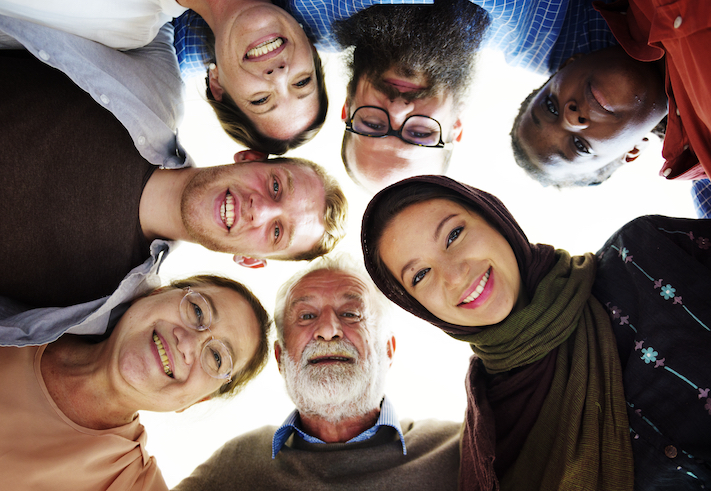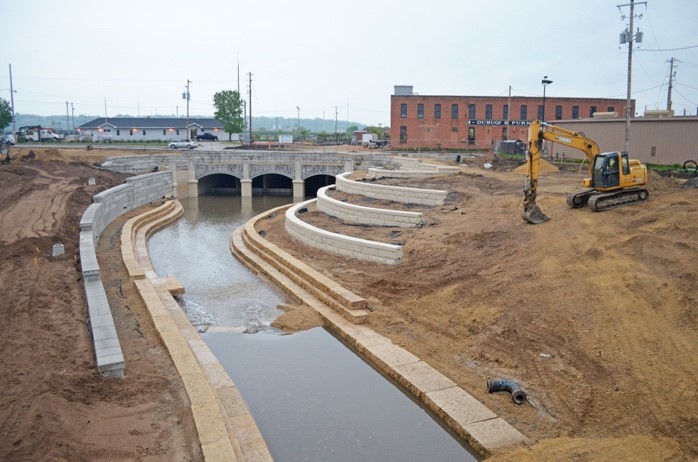
Risk Communication and Socially Vulnerable Populations
A Virtual Training Course
Sponsors: U.S. Army Corps of Engineers & Natural Hazards Center, University of Colorado Boulder
Start Date: March 2, 2023
End Date: May 11, 2023
Time: Thursdays, See schedule below for specific times
Location: Virtual on WebEx
Training Course Description:

Socially vulnerable populations are disproportionately affected by and take longer to recover from disasters, which in turn further exacerbates pre-existing inequities. This hands-on course focused on key principles of effective hazard risk communication in the context of socially vulnerable and marginalized populations.
Participants learned how to recognize and incorporate perspectives of diverse populations into communication initiatives and develop new strategies to collaborate with diverse communities to communicate risk to reduce future disaster impacts.
Application Information:

The Application Window is Now Closed!
Professional Development:
Participants received a training certificate after successfully completing the program. Participants also had the option to request continuing education or professional development credits as part of their application. Credits were contingent on verified attendance and participation (both in class and on assignments).
Course Objectives:
At the end of this course, participants were able to:
- Identify which populations are most vulnerable to disasters and why.
- Disseminate risk communication messages more effectively to specific audiences.
- Acquire skills to approach and work respectfully with community partners.
- Evaluate existing risk communication efforts and ways to improve them.
- Create clear and actionable risk messages.
- Advance their own risk communication activities and receive personalized feedback informed by evidence-based best practices.
Ideal Cohort Participants:
- Had a risk communication issue or project that can be used to explore course principles.
- Were eager to explore which groups may be most susceptible to harm (especially at risk to floods and other hazards) OR had a specific socially vulnerable audience in mind to work with during the course.
- Were willing to participate in interactive activities and actively engage with other trainees.
- Were able to commit to attending all sessions and completing assignments.
Course Materials:
Available at: https://hazards.colorado.edu/research-projects/risk-communication-and-social-vulnerability
- Risk Communication Involving Vulnerable Populations Annotated Bibliography
- Principles of Risk Communication Guide
- Principles of Risk Communication Worksheets
Additional resources and materials were incorporated into the training.
Questions?
Contact Katie Noland, USACE Strategic Communications Specialist for Dam and Levee Safety, at Katelyn.M.Noland@usace.army.mil or Carson MacPherson-Krutsky, Natural Hazards Center, at carson.m-k@colorado.edu.